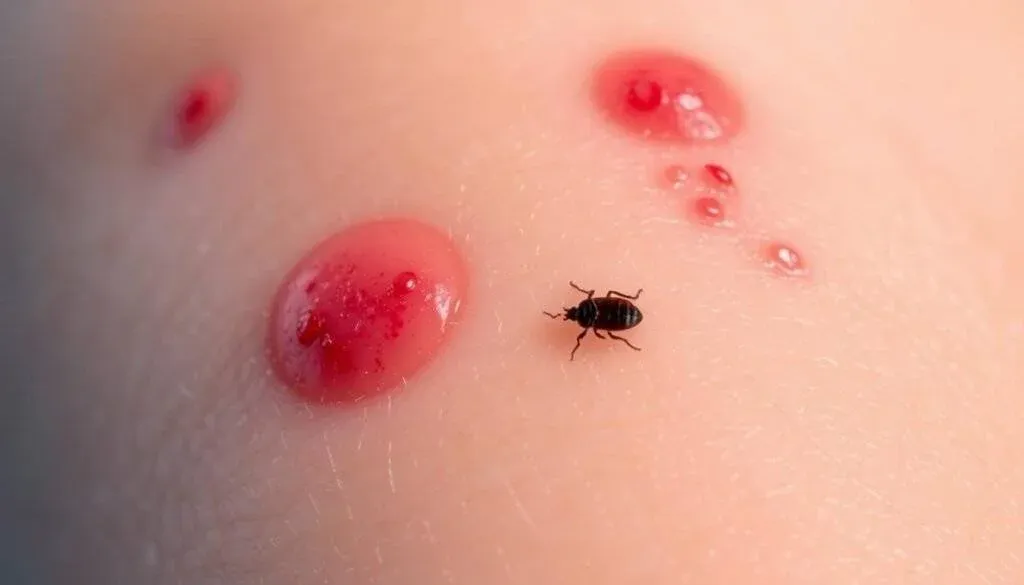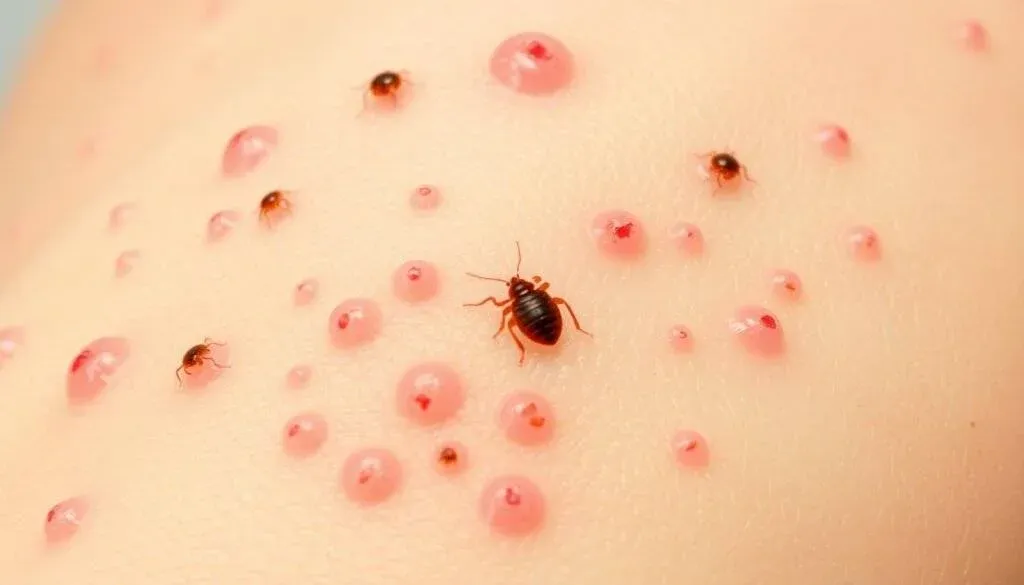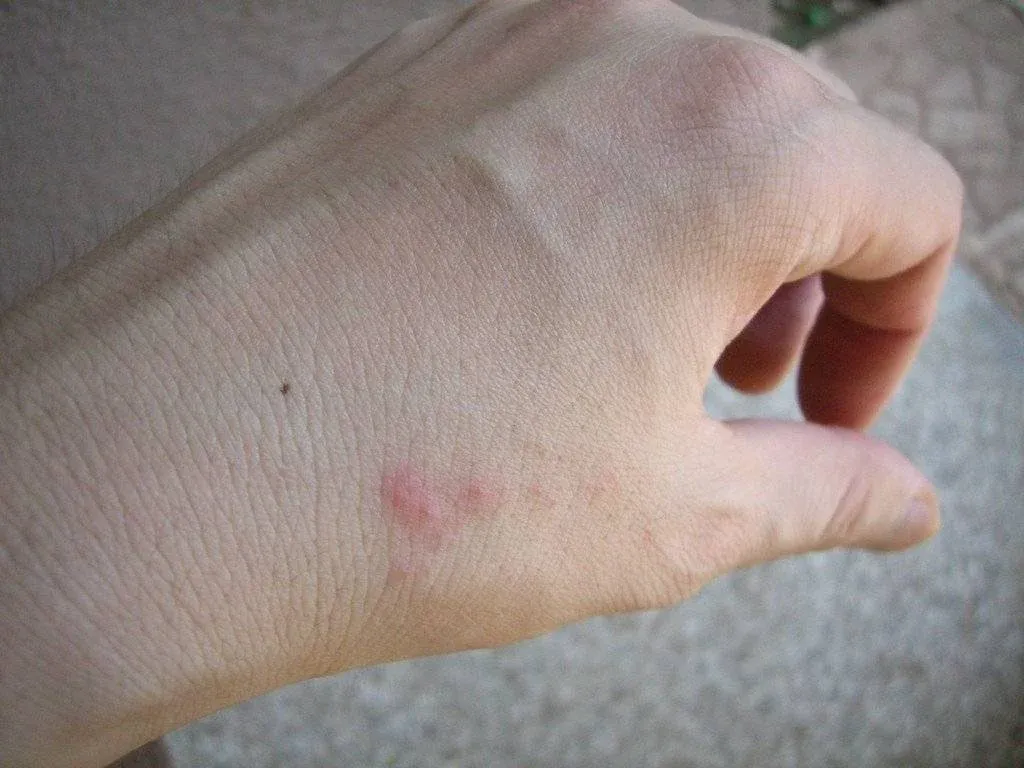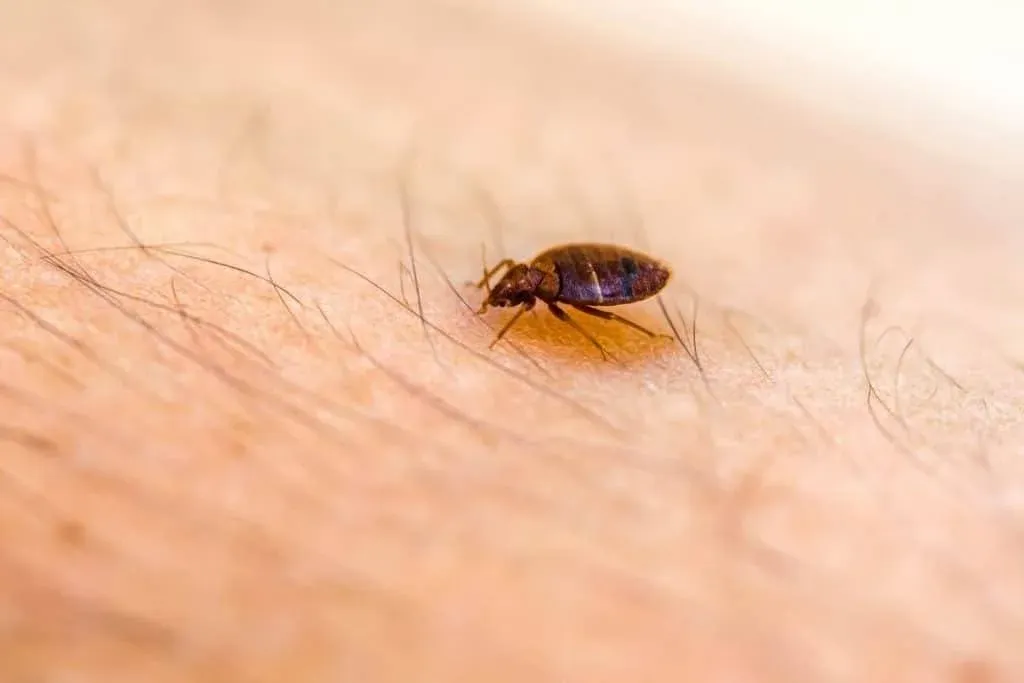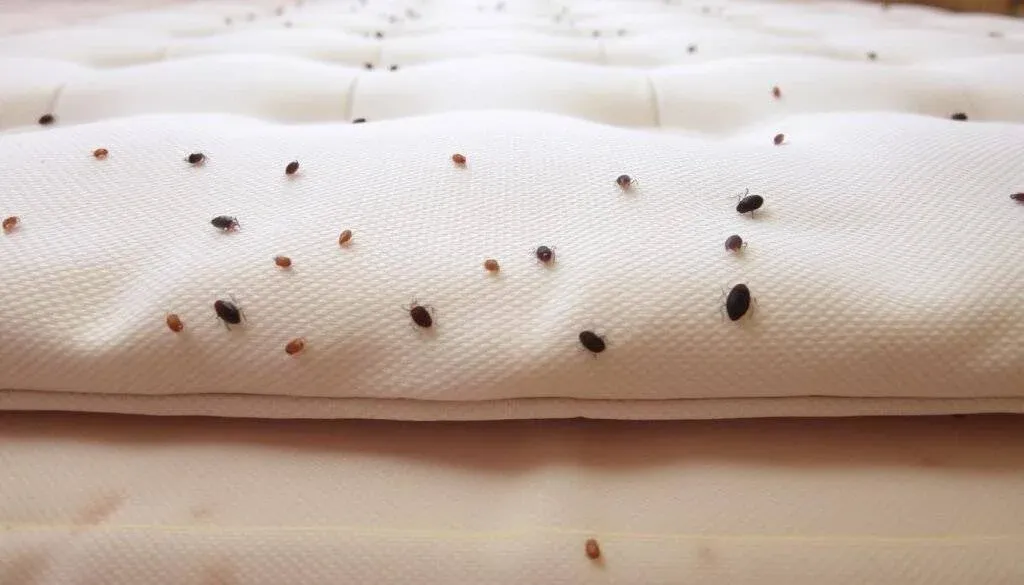Medically Reviewed by Dr. Ayesha Malik, MD – Dermatologist & Skin Allergy Specialist
Author: Qammar Abbas, Health & Wellness Writer
Quick Answer
If you’re dealing with itchy, inflamed, or swollen skin from bug bites, hydrocortisone 1% cream is widely recommended as the best anti-itch cream for bug bites. Moreover, alternatives like calamine lotion, antihistamine creams, or natural aloe vera gel can also provide fast and effective relief. According to the Mayo Clinic, these treatments reduce itching, redness, and swelling by soothing the skin and lowering inflammation.
Best Anti Itch Cream for Bug Bites
Bug bites can cause significant discomfort due to itching, swelling, and irritation. Therefore, using the right anti-itch cream is essential to relieve symptoms quickly and prevent further skin damage. In this guide, you’ll learn about the most effective over-the-counter and natural remedies, how they work, and when to use them.
Key Options at a Glance
| Cream Type | Active Ingredient | Best For | How It Helps |
|---|---|---|---|
| Hydrocortisone Cream | Hydrocortisone 1% | Redness & Swelling | Reduces inflammation and itchiness |
| Calamine Lotion | Zinc oxide | Mild Irritation | Soothes and dries out blisters |
| Antihistamine Cream | Diphenhydramine | Allergic Reactions | Blocks histamine to stop itching |
| Aloe Vera Gel | Natural extract | Sensitive Skin | Cools and calms irritated skin |
Hydrocortisone Cream: The Gold Standard
Hydrocortisone 1% cream is often considered the best anti-itch cream for bug bites because it works directly to reduce inflammation. Furthermore, it eases redness and swelling by suppressing the body’s allergic response to insect saliva or venom. You should apply a thin layer two to three times daily to clean skin for best results.
According to the World Health Organization (WHO), proper treatment and prevention of insect bites can help reduce the risk of infections and allergic complications.

Calamine Lotion: Classic Soothing Relief
Calamine lotion has been used for generations as a go-to home remedy. Not only does it calm irritated skin, but it also helps dry out oozing blisters or rashes caused by mosquito or flea bites. Additionally, its cooling effect offers almost instant relief from itching.
Natural Alternatives: Aloe Vera and Oatmeal
For those who prefer natural remedies, aloe vera gel is an excellent choice. It cools the skin, reduces redness, and promotes faster healing. Similarly, an oatmeal paste or colloidal oatmeal lotion can also help relieve itching and restore moisture balance to the skin. Moreover, these options are safe for children and those with sensitive skin.
When to Avoid Certain Creams
Although over-the-counter creams are generally safe, avoid applying hydrocortisone on open wounds or near the eyes. In addition, do not use antihistamine creams alongside oral antihistamines, as this can increase the risk of side effects like drowsiness or rash. If you’re unsure, consult a dermatologist or healthcare professional for guidance.
When to See a Doctor
While most bug bites heal on their own, it’s important to seek medical advice if:
The bite area becomes warm, red, or filled with pus (signs of infection).
You experience fever, nausea, or dizziness after a bite.
Swelling spreads rapidly or affects your face or throat, as this may indicate an allergic reaction.
💡 For more medical information, visit Mayo Clinic: Bug Bite Care.
Frequently Asked Questions (FAQs)
1. What is the best anti-itch cream for mosquito bites?
Hydrocortisone 1% cream and calamine lotion are both excellent for mosquito bites. Additionally, aloe vera gel offers a soothing, natural alternative.
2. Can I use hydrocortisone cream on children?
Yes, it can be used on children over 2 years old, but always follow pediatric advice and avoid using it on broken skin.
3. What natural remedies work best for bug bites?
Aloe vera gel, baking soda paste, and cold compresses are natural and effective ways to relieve itching and swelling.
4. How often should I apply anti-itch cream?
Generally, apply 2–3 times per day as directed on the packaging. Moreover, clean the affected area before each application for maximum effectiveness.
5. When should I stop using anti-itch creams?
If symptoms persist beyond 7 days or worsen, stop use immediately and consult your doctor.
Final Thoughts
In conclusion, the best anti-itch cream for bug bites depends on your skin type and the bite’s severity. However, hydrocortisone cream remains the most effective overall treatment, while calamine and aloe vera provide excellent alternatives for milder irritation. Moreover, by using these remedies promptly and monitoring your symptoms, you can ensure faster healing and lasting comfort. For persistent or severe reactions, always consult a healthcare provider for safe, expert advice.


